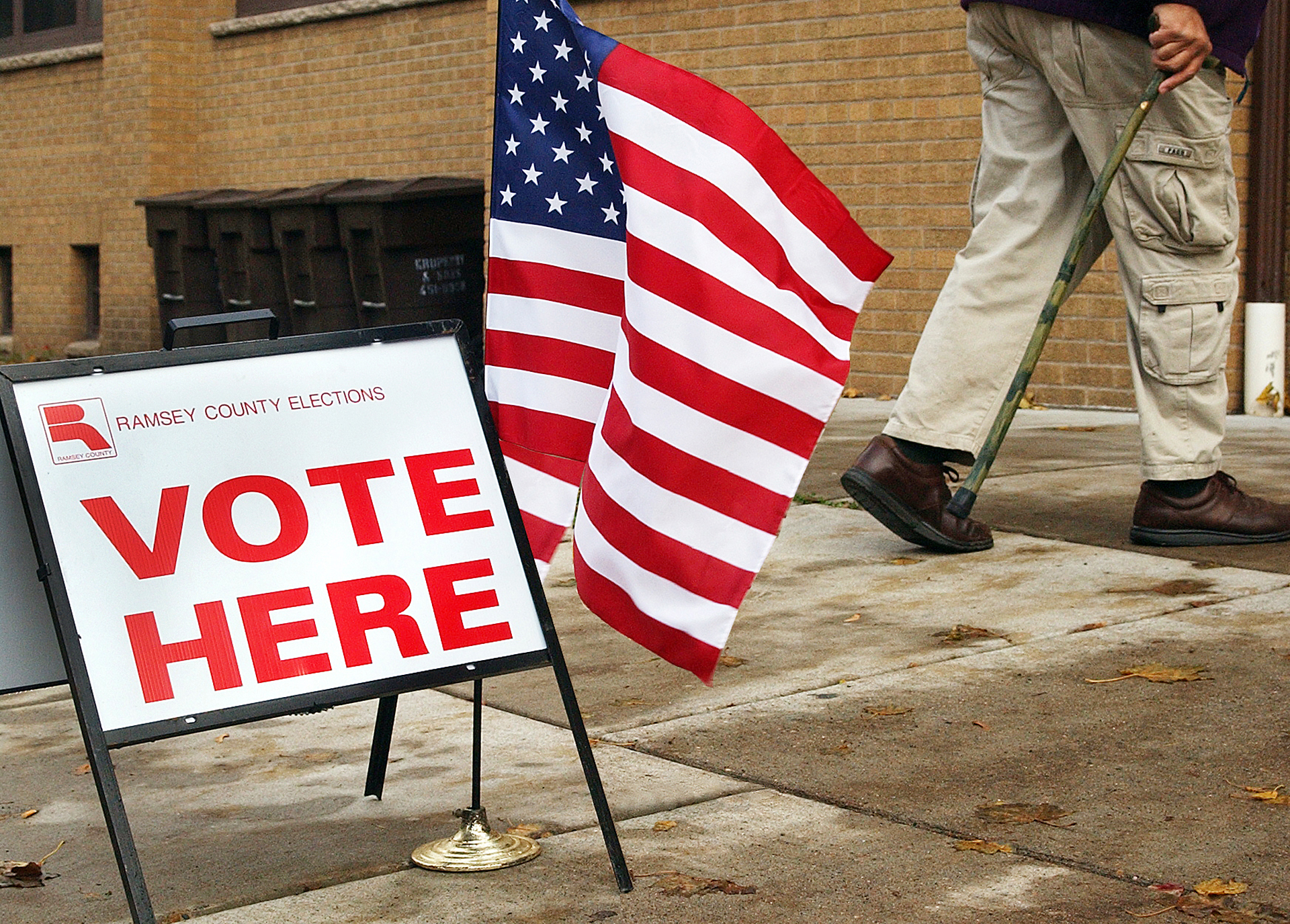Elections panel considers tighter rules for handling absentee ballots

It is widely accepted that Minnesota voters, the Legislature and the secretary of state would all like to see elections in the state run with more ease, while still maintaining integrity and transparency.
Rep. Mike Freiberg (DFL-Golden Valley), the committee co-chair, sponsors HF2073 that, as amended, would make changes to several Minnesota election provisions, including the way absentee ballots are handled prior to and during counting.
“It brings together feedback from election administrators and Minnesota voters,” Freiberg said.
The bill was laid over by the House Elections Finance and Government Operations Committee Wednesday for future consideration.
A bill sponsored by the other co-chair, Rep. Duane Quam (R-Byron), to improve the state’s election process was approved by the committee March 5 when Republicans had a one-seat majority.
To ensure election security, HF2073 would require counties to develop a chain of custody plan for handling election-related materials, including absentee ballots, which would need to account for both the physical and cybersecurity of materials.
Michael Stalberger, director of property and environmental resources for Blue Earth County, likes the idea but acknowledged the change would bring a “significant workload addition” to county elections administrators. He’d like to see a consistent and workable statewide chain of custody plan.
Several layers of oversight would be added to the absentee ballot processing operation. As absentee signature envelopes are received by counties, two members of the local ballot board would:
- segregate signature envelopes by precinct;
- count the number of signature envelopes to ensure the count matches the number of accepted envelopes; and
- after ballots have been removed from the envelopes, count and record the number of ballots to ensure the count matches the number of accepted signature envelopes.
Early voting ballot processing would start at the end of each day, those ballots would be removed and secured daily, and the number of ballots removed from the ballot box must match the number of voter signatures.
Per a Quam amendment, the bill would add a paragraph to the election judge oath, stating: “In the performance of my duties as an election judge, I will not share information about voting that I know to be materially false and will not intentionally hinder, interfere with, or prevent a person from voting, registering to vote, or aiding another person in casting a ballot or registering to vote, except as specifically required by law.”
The bill would also:
- require the secretary of state’s office to maintain a computerized central statewide database for offices, candidates, ballot questions, and unofficial results;
- allow additional proof of residence for students for 18 days prior to an election and on Election Day;
- allow for off-reservation polling places for at least one day for a federally recognized tribe;
- allow a petition to correct errors, omissions or wrongful acts on an official ballot if all candidates agree: and
- ensure canvassing boards declare the candidate duly elected who received the highest number of votes for each municipal, town, school district and hospital district office.
Related Articles
Search Session Daily
Advanced Search OptionsPriority Dailies
Legislative leaders set 2026 committee deadlines
By Lisa Kaczke Legislative leaders on Tuesday officially set the timeline for getting bills through the committee process during the upcoming 2026 session.
Here are the three deadlines for...
Legislative leaders on Tuesday officially set the timeline for getting bills through the committee process during the upcoming 2026 session.
Here are the three deadlines for...